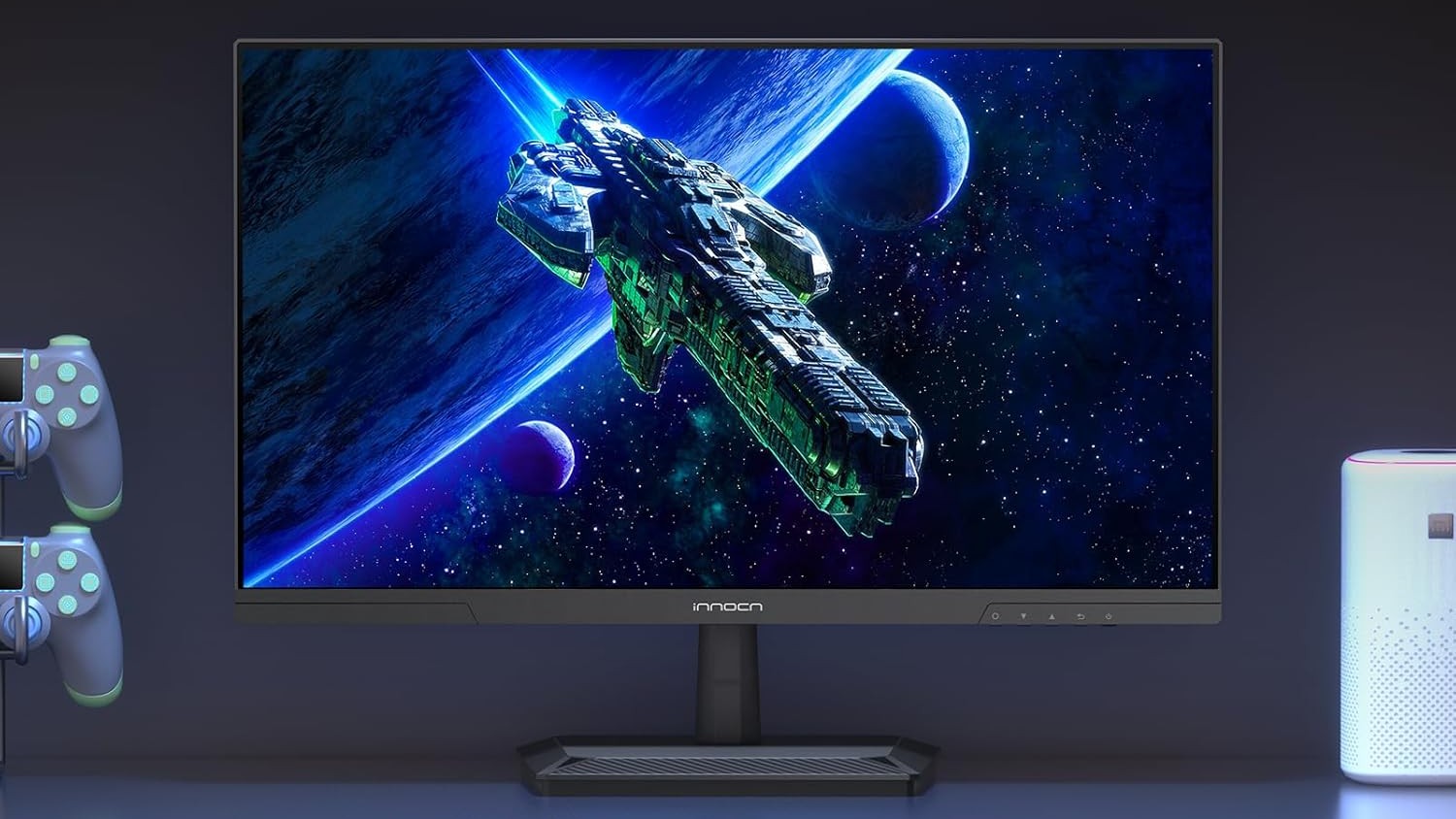As Xbox Series X and PS5 specs get official, the spotlight shifts to games
The engineering prowess of both Microsoft and Sony is truly magical. However, the proof is always in the pudding, and now it's all about games.
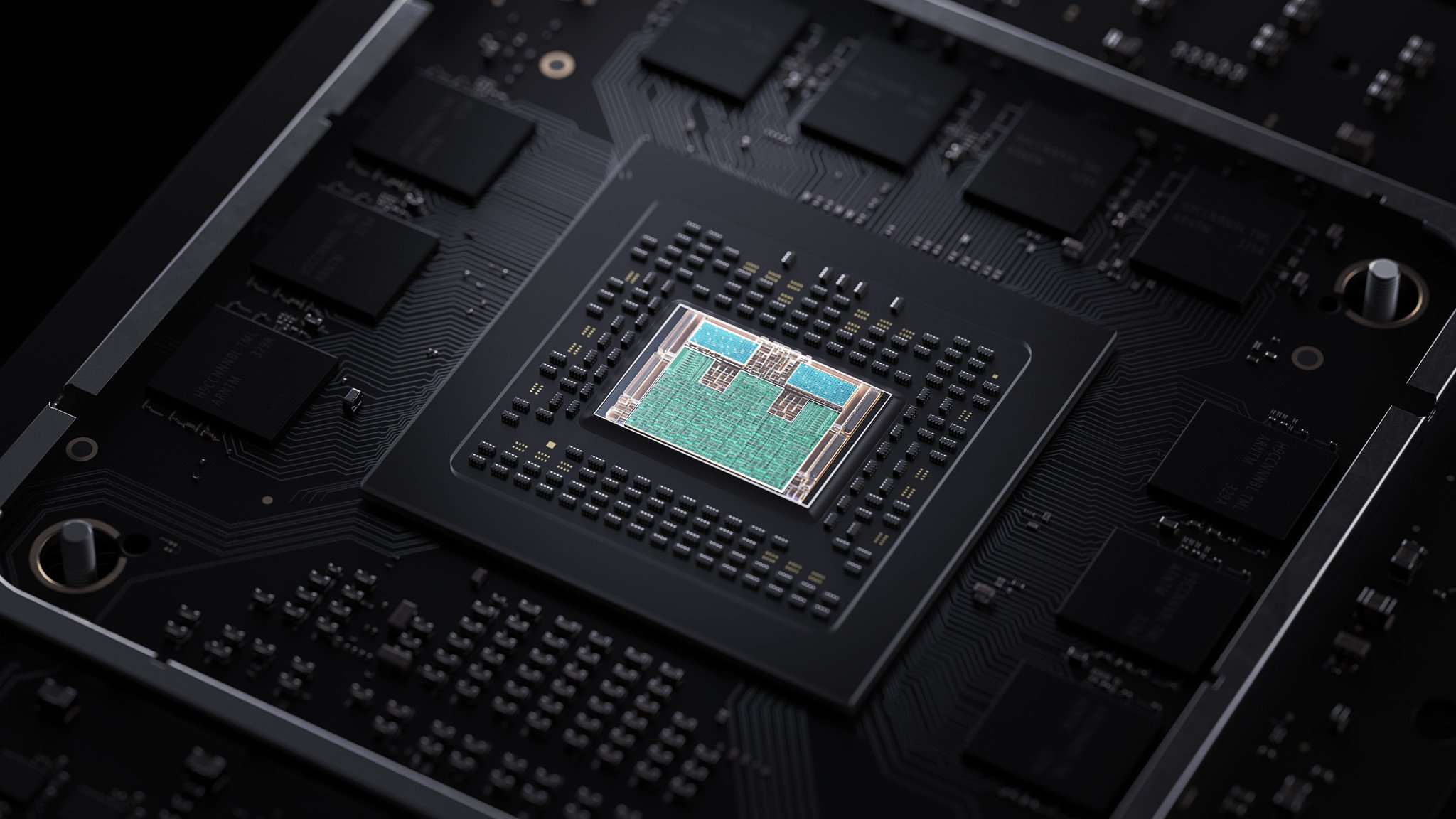
During this year's Game Developers Conference (GDC) digital events, we finally got a deep dive into both the Xbox Series X and the PlayStation 5 (PS5), the two console titans that will go head to head for next-gen gaming supremacy at the end of this year. Microsoft's Xbox edges out the PS5 in terms of raw power, while the PS5's insanely fast SSD brings benefits of its own. The full PS5 versus Xbox Series X rundown can be found here.
While both hardware manufacturers will emphasize their respective strengths in upcoming marketing blitzes ahead of the holiday season, ultimately, it's the games that matter, and arguably, this is an area where Sony has an upper hand.
Games, games, games and more games
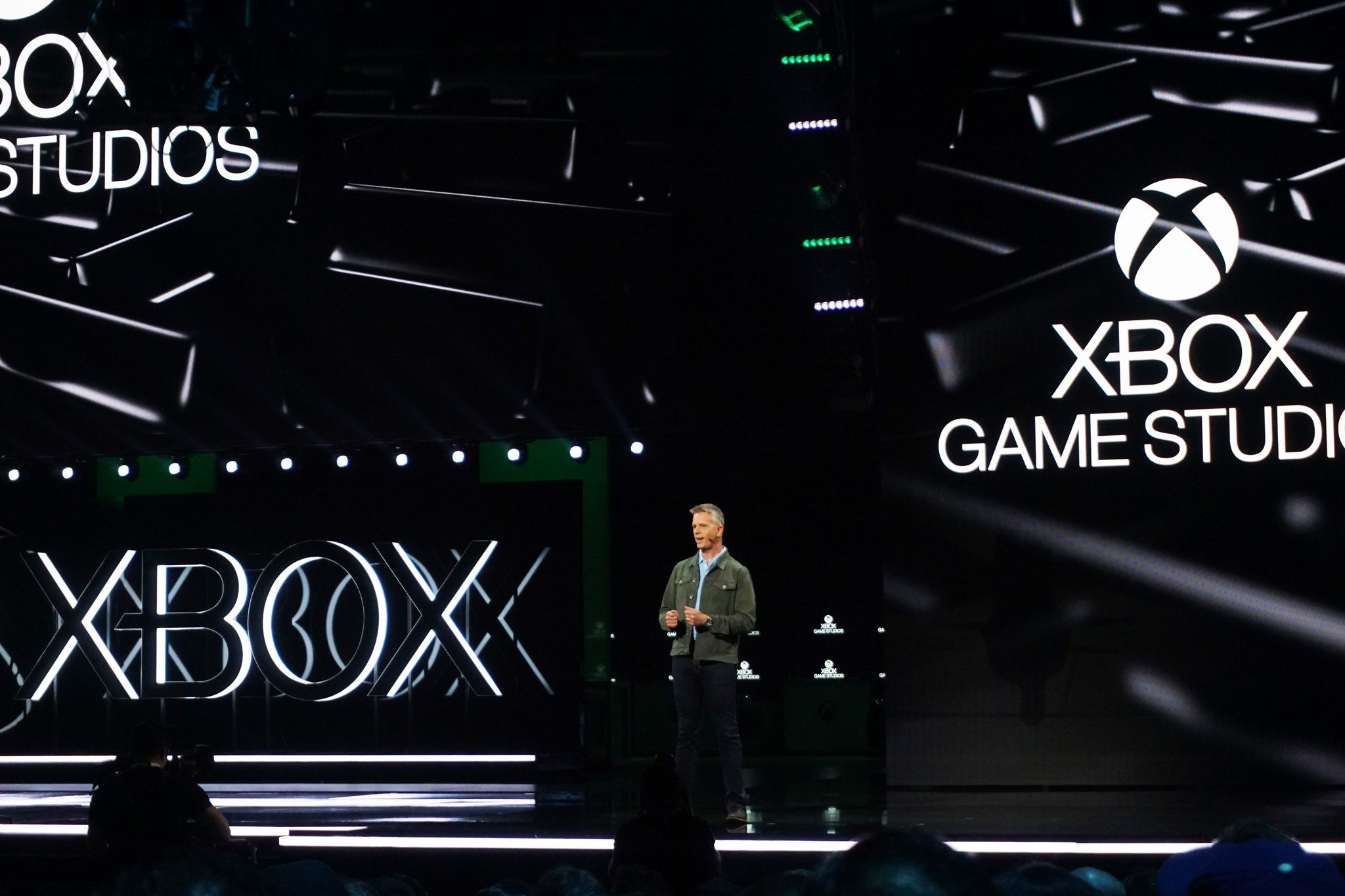
Sony and Microsoft have always been about being on the cutting edge of what's possible with gaming, whether in consoles for Xbox and PlayStation or on PC with Windows and associated APIs, like DirectX. In reality, the market is far broader than the cutting edge, with low-power mobile games taking up a huge chunk of revenue. It's simply the case that, like movies, some people get into the medium to make high-end experiences for the sake of the art of the medium, and Microsoft and Sony provide the tools to achieve this. These are the games that tend to make the headlines, and also, crucially, pull people into their ecosystems.
Raw specs power, of course, isn't everything. Nothing exemplifies this like the Nintendo Switch, which has been a runaway, massive global success story for Nintendo. For what it lacks in "power," it makes up for with the power of ergonomic portability, but also, the power of its IP. Pokemon, Mario, Fire Emblem, and many others all sit on the top shelf, making up some of the best and most celebrated games of this generation, and they did it without a shred of ray-tracing or super-fast SSDs. This below meme making the rounds typifies this idea well.
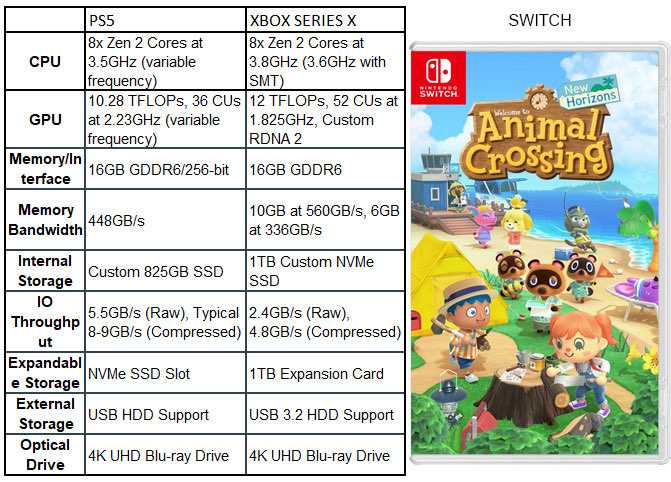
This is by no means meant to disparage the engineering prowess of the hardware creators on the Sony and Microsoft sides; their achievements speak for themselves. Nor is it meant to talk down games that are built for higher-end hardware. The fact CD Projekt RED was able to get The Witcher 3 running on the Nintendo Switch is an incredible achievement, but it's unlikely we'll see the vast scope of Cyberpunk 2077 fit into lower-end hardware.
These are the types of games that marry the staggering technical achievements Sony and Microsoft have poured into their hardware offerings, along with the collaborative efforts of hundreds of engineers, artists, and developers that build experiences many of us will remember fondly for the rest of our lives. And that's entirely the point.
Technology is incredibly exciting, but it's the games that paint a picture of just how exciting that hardware is.
Get the Windows Central Newsletter
All the latest news, reviews, and guides for Windows and Xbox diehards.
You can't count Microsoft out anymore
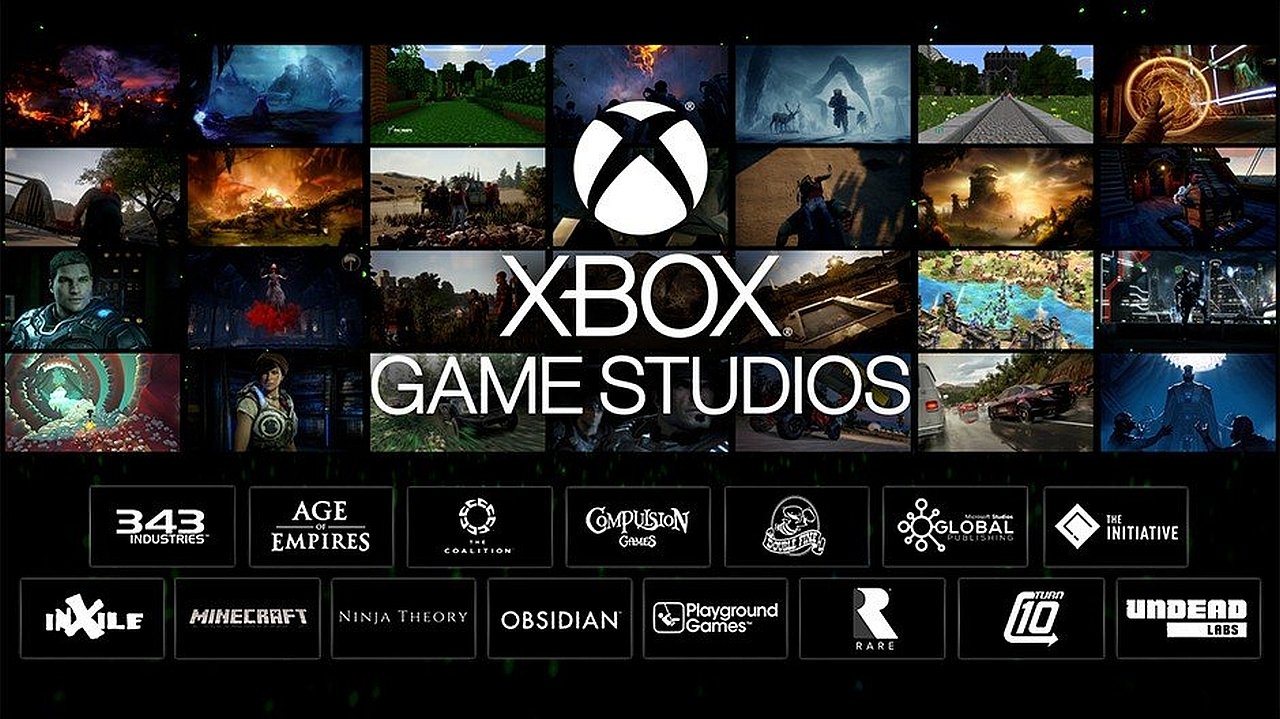
Microsoft has been nailing its marketing for the Xbox Series X during the past year, making its game lineup the final piece of the puzzle. As the narrative shifted away from the Xbox One being less powerful than the PS4 back in 2013, the quality of Microsoft's games lineup came into question increasingly as we marched through the years.
Halo 5's multiplayer was a huge hit, but the campaign left a lot to be desired. Games like Crackdown 3 and State of Decay 2 launched in a relatively rough state, along with caveats and limitations. State of Decay 2 had co-op, but came with a pretty aggressive tether stopping players from exploring independently. Crackdown 3's multiplayer had the lauded cloud destruction multiplayer, but the gameplay layer was boring, and cloud destruction nowhere near on the scope originally teased. These are just a couple of examples.
Sony has been consistently able to point to its game library as a key differentiator, as the Xbox One X, and now Xbox Series X, took the power narrative away. Games like Bloodborne, The Last of Us, Spider-man, God of War, and Death Stranding match Sony's hardware ambitions to its software ambitions in a way that Microsoft simply hasn't thus far, save for its popular Forza franchise, and Gears of War on the technical side.
Microsoft's cancellation of a few heavily-marketed projects like Scalebound and the Minecraft Super Duper Graphics Pack added to the idea that Redmond can't get its mallards in a row when it comes to games, but the situation has changed.
Microsoft began investing far more heavily in its games portfolio since Phil Spencer got promoted to the company's upper echelons. Legendary studios like Obsidian joined the squad, with long-time partners Playground Games, and many others, joining the party. As it stands today, Xbox Game Studios is 15 teams strong, with hundreds of vacancies, indicating aggressive expansion. Microsoft also opened The Initiative in Santa Monica, Calif., to take advantage of the talent pool in the area, and Xbox lead Phil Spencer has also spoken about how it's not done with acquisitions while highlighting the importance of building great games.
From Spencer:
It's not really some kind of PR battle about how many new acquisitions we can put on stage. Because if we're not building great games, the acquisitions don't matter. But are we done? I don't think so.
The full list of known and heavily-rumored projects being undertaken at Xbox right now is unprecedented. We have a new Age of Empires on the way, alongside a new Flight Simulator which pushes the very idea of an "open-world" using global mapping data. We have already seen Hellblade II teased in-engine, and it looks jaw-dropping.
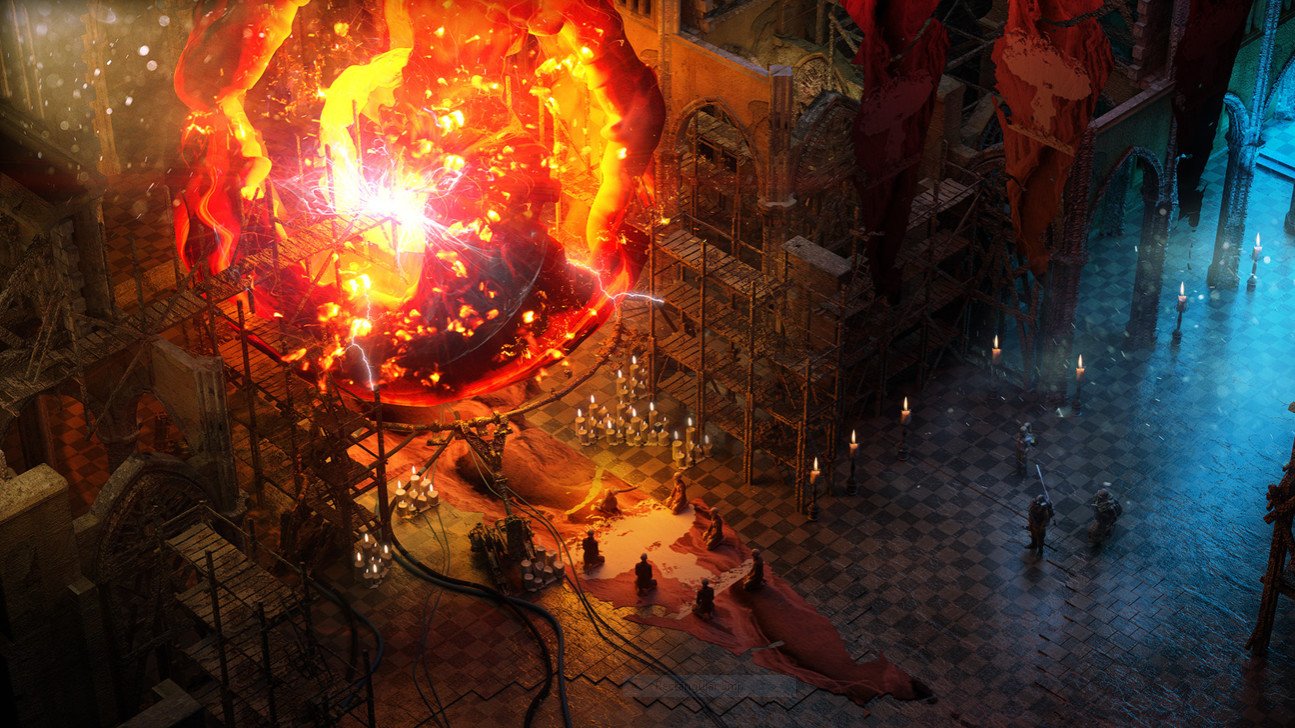
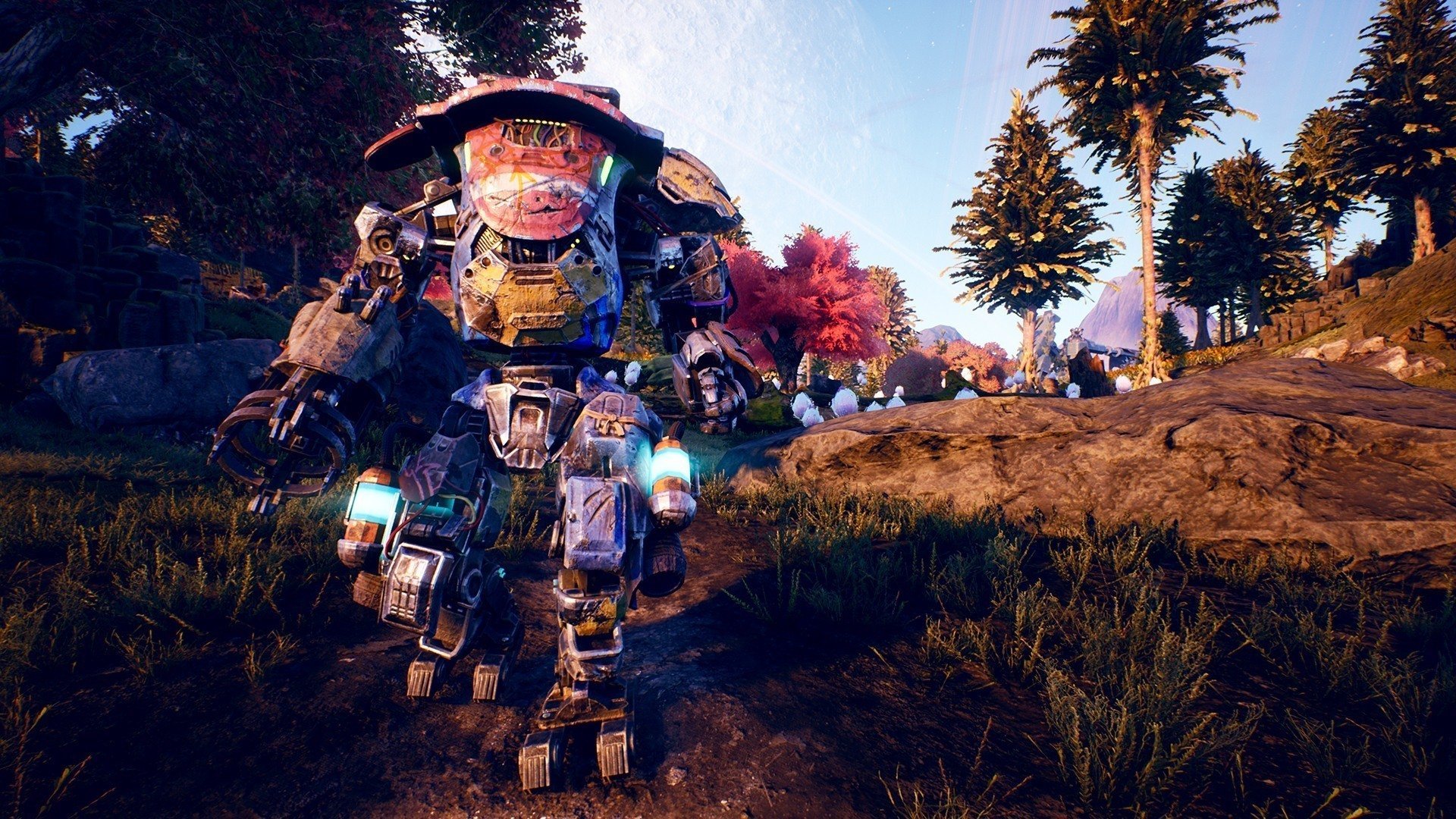

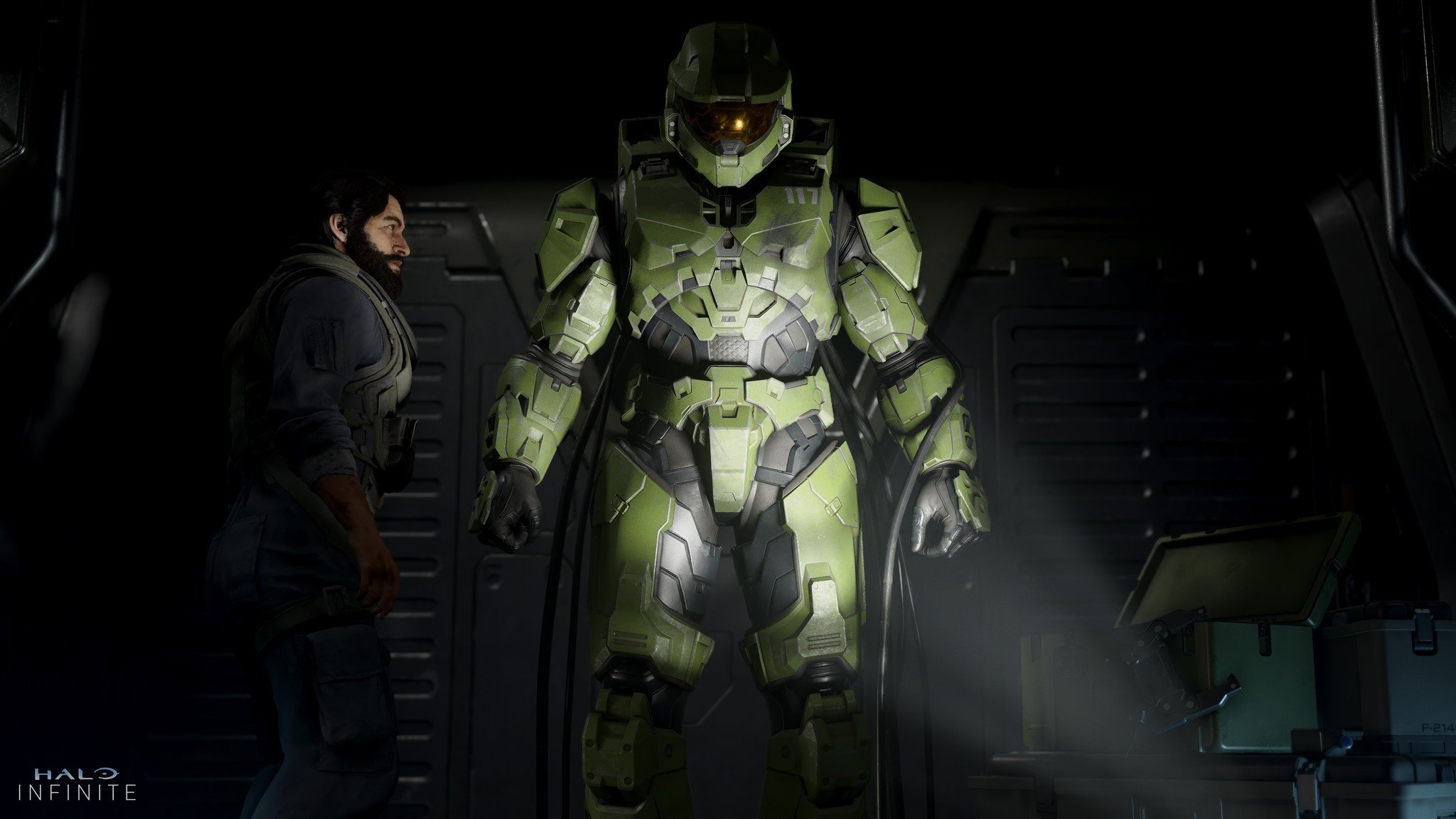
Source: Microsoft
Studios like Obsidian and inXile are stepping up their games in big ways, with titles like Wasteland 3 and The Outer Worlds. And who knows what will emerge from Playground Games' RPG project, alongside The Initiative, with a talent pool that contains some major industry heavyweights. There's also the promise of these games hitting Xbox Game Pass on day one, adding a heap of value to the Xbox Series X on top of its beefy specs.
Multiplatform games will continue to push the envelope across both systems, but for those concerned Xbox can't bring quality exclusives to the table in the way Sony can, Microsoft is poised to change the argument.
Hopefully, everybody wins
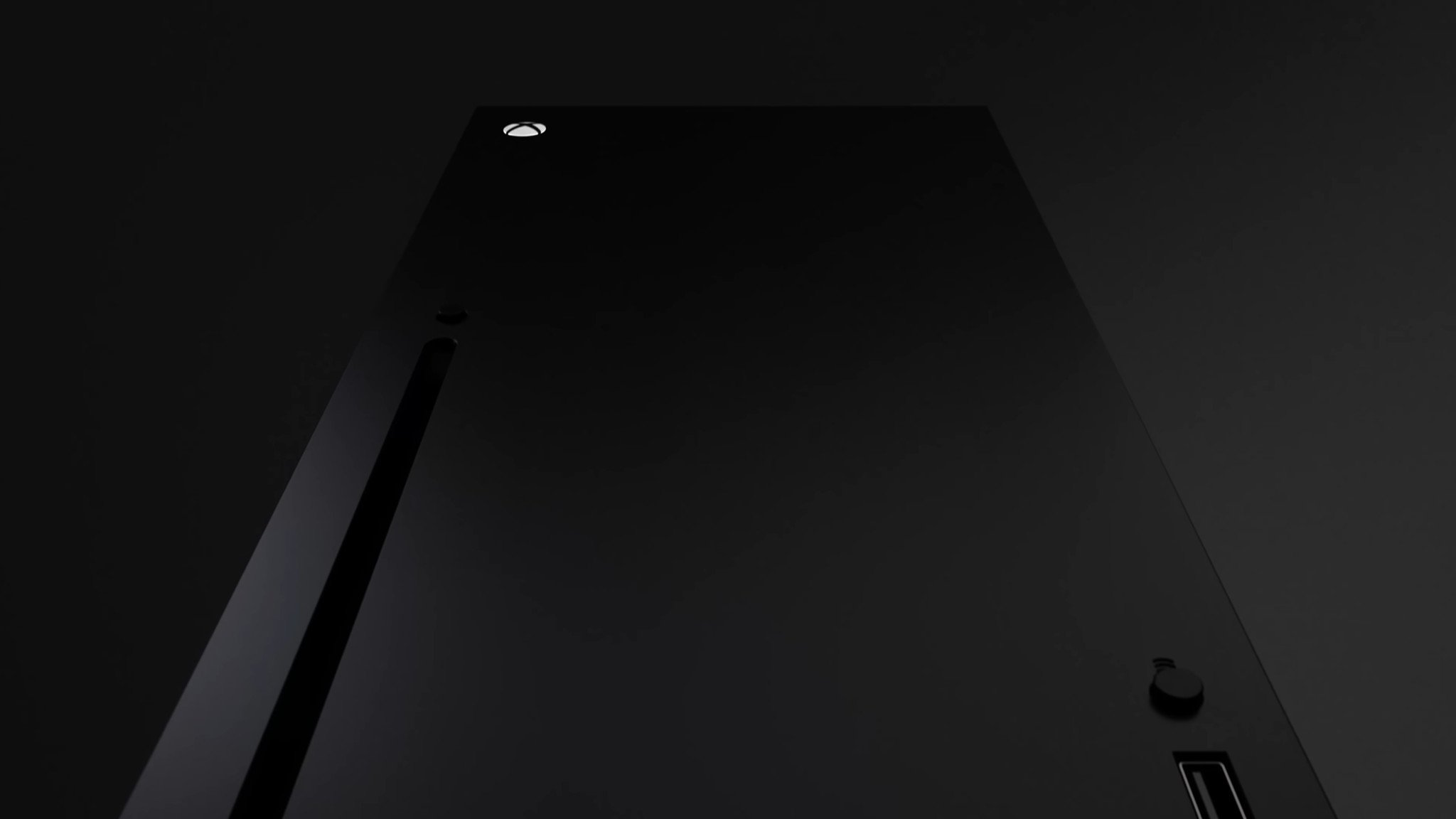
The competition between Sony and Microsoft will ultimately lead to better games and experiences for us as consumers, with both companies vying to out-do each other on the grandest stage. Nintendo will continue to bring quality exclusives that defy genres and ideas of age demographics, and PC games will continue to showcase the latest and greatest of cutting edge graphics tech.
For the consumer who wants a high-end, tailored console experience for quick access without investing in a gaming PC, though, the PS5 and Xbox Series X are destined to both be incredible devices. More tantalizing for me, though, is that we're going to see the full force of Microsoft's new Xbox Game Studios lineup. All reinvigorated with new resources, new talent, bigger budgets, and more developers. We should see franchises like State of Decay and Wasteland evolve from cult-hits to pillar titles in Microsoft's lineup, as Redmond broadens its reach from home consoles across low-power PC and phones with Project XCloud, and higher-end Windows rigs thanks to a renewed focus on Win32 and the beta of Xbox Game Pass for PC.
Wherever you game, however you game, we're in for some amazing times next-gen. I can't wait.
Xbox Series X/S
Main
- Xbox Series X: Everything we know
- Best games coming to Xbox Series X/S
- List of Xbox Series X specs
- What is the Xbox Series X release date?
- How much does Xbox Series X cost?
- Why you can't preorder Xbox Series X yet
- Best Xbox Series X Headsets

Jez Corden is the Executive Editor at Windows Central, focusing primarily on all things Xbox and gaming. Jez is known for breaking exclusive news and analysis as relates to the Microsoft ecosystem while being powered by tea. Follow on Twitter (X) and Threads, and listen to his XB2 Podcast, all about, you guessed it, Xbox!
